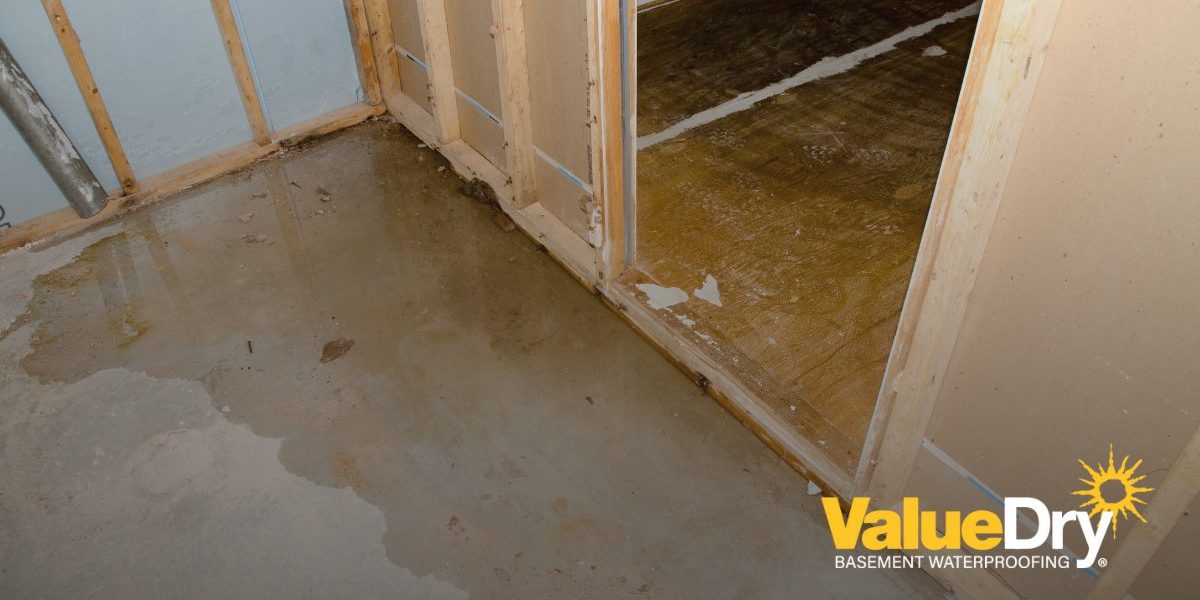What Is that Musty Smell in My House?
- July 23, 2021
- No Comments
You’d be surprised how many times we hear that question. The truth is, there is no single answer that applies to every home. You have to do some investigating. Some people may not even notice a musty smell. Every nose is different. But if you notice a musty smell, it’s time to get to the bottom of it. Which brings us back to, what is that musty smell in my house?
Several things, including high humidity, a plumbing leak, a soiled carpet, poor airflow, dirty HVAC equipment, building material decay, mold, and mildew growth, could be the cause of the stale, musty scent in your home.
In the vast majority of cases, a musty smell in a house is due to water intrusion from any one of several sources. That musty smell is caused by dampness, building material decay, mold, and mildew growth.
The culprit could be an ineffective HVAC system that is not effectively pulling the humidity out of the air in the summertime. It could also be a leaky pipe behind a wall. In those situations, you’ll want to call a plumber or HVAC company.
Let’s focus on a musty smell stemming from a basement or crawl space experiencing foundation seepage or a musty smell on the first floor of a home over an open, unencapsulated crawl space.
Is a musty smell the same as a moldy smell?
Although often confusing, musty and moldy smells have different intensities of odor. Moldy smells are typically stronger than musty ones.
A musty smell often suggests mildew or mold presence but can also be due to other factors like dampness or pet odors. It’s usually less intense and smells like wet paper or decaying leaves.
A moldy smell is usually more pungent and earthy, like rotting wood. This smell strongly indicates significant mold growth, which could be hidden within walls, under carpets, or in other hard-to-see places.How to get rid of the musty smell in the basement
How to get rid of the musty smell in the basement
To effectively eliminate the musty smell in your basement, addressing the source of excess moisture is key. While home remedies like baking soda, white vinegar, or clean cat litter can help absorb surface-level odors, they may not fully resolve underlying issues.
You can find the source of excess moisture by following your nose and using your eyes.
Musty smell in the basement
If the musty smell is coming from your basement a visual inspection and a physical inspection can include:
- Looking for water-damaged basement wall finishings
- Looking for discoloration on baseboards
- Looking for mold and mildew in corners as well as on other surfaces
- Looking for efflorescence (chalky substance) on cement block or cinder block walls
- Inspecting for rust spots that are caused by carpet tack trip nails or furniture leg bottoms
- Touching the drywall and carpet for signs of dampness
- Checking the humidity and moisture with a handheld humidity or moisture meter
The humidity in your basement shouldn’t be higher than 50%. If it is, that’s a good sign that you have water intrusion. It’s the same for when you see mold, mildew, efflorescence, trickles, or puddles of water.
If left unchecked, water intrusion and the mold growth that goes with it can affect the air quality in your home and cause structural damage to your home. The best long-term solution for a damp and musty basement is professional basement waterproofing with an interior foundation drain, footer drain, or French drain and at least one sump pump.
Musty smell from crawl space
If you have a musty smell, mainly on the first floor of your home, the culprit could be moisture intrusion in your crawl space. To inspect it, you will need a flashlight, and depending on how your crawl space is set up, you may or may not be able to get in there physically.
At the very least, shine a strong flashlight in. Can you see standing water? Is the musty smell overpowering? Can you see mold growth? Don’t forget to look UP! On hot, humid days, we have seen open crawl spaces that appear to rain inside due to condensation on the floor joist and insulation.
The “floor” is often bare earth when you have a crawl space. That allows ground moisture to seep into the floor studs and framing supporting the first floor of your home, and can allow moisture to creep into drywall and floor finishings as well. That’s what causes the musty odor.
If your crawl space is ‘open’ and has vents to the outside, then hot and humid air goes underneath your home in the summer and condensates on the floor joist and subfloor underneath your home. This can cause mold growth and decay that creates unhealthy air and smells.
The best long-term solution for a damp and musty crawl space is crawl space encapsulation. This is a process where we completely encapsulate the floors and walls of your crawlspace to keep moisture out. We also always recommend installing a dehumidifier or ventilation device made specifically for crawl spaces.
Will a dehumidifier get rid of a musty smell in the basement?
Yes, a dehumidifier can significantly reduce the nasty odors in your basement but it may not get rid of the musty smell. Removing excess moisture improves indoor air quality and helps create an environment less conducive to mold and mildew growth, which are the primary sources of this odor.
A dehumidifier can alleviate the foul odor, but it’s only a part of a broader solution. The device effectively lowers humidity levels, making it harder for mold and mildew to thrive. However, if there’s a constant source of moisture, such as water leaks, poor drainage, or groundwater intrusion, the dehumidifier alone may not be enough.
Why do musty smells worsen in summer?
The musty odor in your basement can become more pronounced during the summer due to increased humidity levels. Warmer basement air has a higher capacity to hold moisture, which can exacerbate dampness issues in your basement. This damp environment becomes a perfect breeding ground for black mold and mildew.
We often see more rain or thunderstorms in many areas in summer. If your basement leaks or the drainage around your home isn’t adequate, the moisture levels in your basement will skyrocket.
Ventilation may be reduced in the summer months. Many homeowners keep basement windows and doors closed to keep the cool air in and the hot air out, which can reduce air circulation in the basement. Poor ventilation can lead to stagnant air and increased moisture, creating an unpleasant odor.
Schedule a FREE crawlspace or basement inspection with Value Dry Waterproofing
The best way to eliminate a musty basement smell is to locate the water or moisture source and fix the issue. In many homes in the Mid-Atlantic region, the bad smell is caused by water intrusion in the crawlspace or basement.
You may be able to cover up the smell with air fresheners or slap some so-called “waterproofing paint” on the walls, but neither of those addresses the root cause. Protect your home by starting with a FREE inspection from the experts at Value Dry Waterproofing.
We can develop a customized plan for your home based on what we find. We proudly serve homeowners in Maryland, DC, Northern Virginia, and parts of Delaware.




